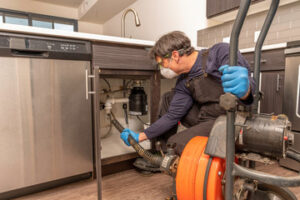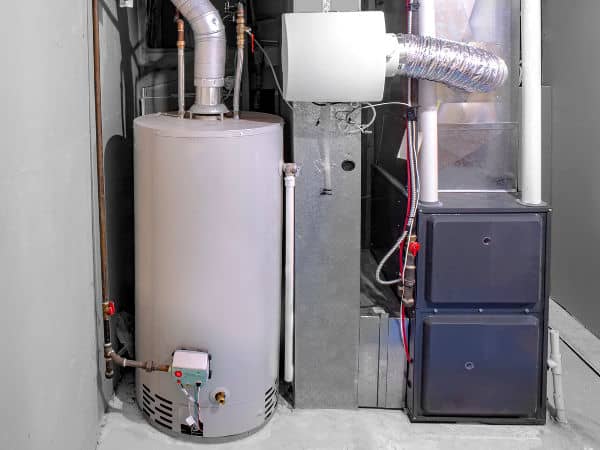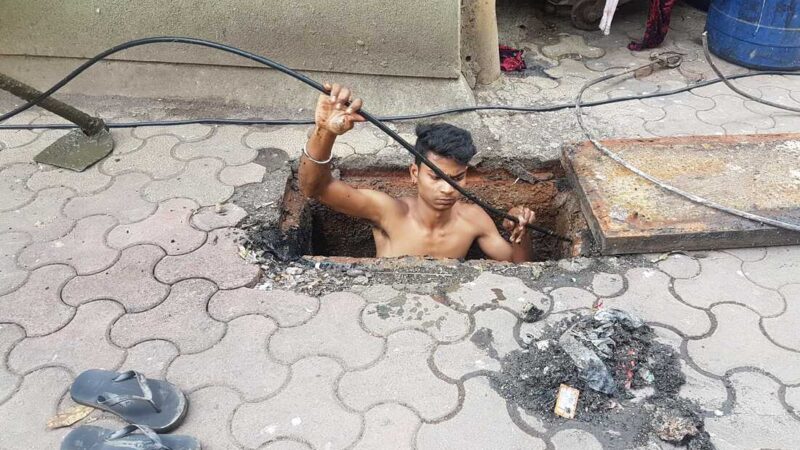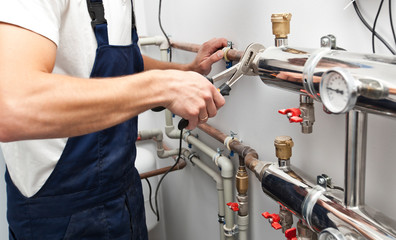Become a Plumber and Make a Difference in Your Community
Suppose you’re looking for a way to make a difference in your community. Consider a career as a plumber. This career requires a combination of technical knowledge and analytical thinking. Plumbers install, repair and maintain water and piping systems in commercial and residential properties. They also install plumbing fixtures and appliances such as bathtubs, sinks, and toilets.
 Plumbers use their physics, mathematics, and technology knowledge to manage pipes and ducts that move liquids, gases, and waste. These skills are critical to the health and well-being of homes, businesses, and public works, which rely on plumbing systems. Most aspiring plumbers start with a high school diploma or GED certificate and then complete an apprenticeship program under the supervision of a licensed professional. This training combines classroom study and on-the-job training for four to five years.
Plumbers use their physics, mathematics, and technology knowledge to manage pipes and ducts that move liquids, gases, and waste. These skills are critical to the health and well-being of homes, businesses, and public works, which rely on plumbing systems. Most aspiring plumbers start with a high school diploma or GED certificate and then complete an apprenticeship program under the supervision of a licensed professional. This training combines classroom study and on-the-job training for four to five years.
During this time, apprentices must pass an aptitude test and undergo a pre-selection process. Once a panel of plumbers approves their application, the candidate receives a wage that gradually increases over the course of their apprenticeship.
There are many options for obtaining formal plumbing training, including community colleges and vocational institutes. Online learning is another popular option that allows students to pursue their education from home without the cost of commuting. These programs can also lead to certifications in special areas.
A plumbing license is required in most states, and is important for ensuring safety and adherence to local rules. It also prevents an unlicensed plumber from obtaining building permits that are needed for many major plumbing jobs.
In some states, plumbers need to complete an exam to obtain a license. The content of the exam can vary, but it usually covers basics of the trade, plumbing codes, business, and law.
If you are interested in a career as a plumber, a licensing process can be a great way to set yourself apart from the competition. Check out our Essential Plumber Salary Guide to see the average salary for this career and more information about earning breakdowns and license level salaries.
Licensing requirements vary by state, so it is best to contact your local licensing agency to learn more about the specific requirements for a particular location. Be sure to check out the website for each local government office for more detailed rules and regulations in your area.
Plumbers install and repair pipes that transport water, gas, and waste to and from homes and businesses. They also install plumbing fixtures, such as bathtubs and toilets. They also maintain septic systems, large underground tanks that collect waste from houses that are not connected to sewer systems.
Many plumbers work full time, including evening and weekend shifts. They may also be self-employed and set their own schedules. Most plumbers enter the trade through apprenticeship programs sponsored by unions or businesses, which usually last four to five years and include 2,000 hours of on-the-job training and classroom instruction. Their education includes understanding the technical skills needed for their role, industry safety guidelines and local codes and regulations.
Physical fitness is a key requirement for this career as plumbers are frequently required to lift and carry heavy pipes or construction equipment. They must also be able to stand for long periods of time in cramped or dirty work environments.
Plumbers have a broad range of skills to help them perform their duties. They must be able to read blueprints, use plumbing tools and be skilled at troubleshooting dysfunctional systems. Typical job duties include installing and repairing pipes, tubs, sinks, toilets and other appliances that carry water or sewage. They also handle customer queries and do call outs to homes, businesses or factories where there are plumbing issues.
Aside from technical knowledge, plumbers must have the ability to work independently as well as the people skills to communicate with customers and deliver honest estimates. This is a solidary career that can provide excellent pay and benefits. A plumbing job can also be physically demanding as you often work at heights, crouch under sinks or crawl through narrow corridors and crevices. A strong body will allow you to move heavy pipes and equipment around, without getting hurt.
Plumbing is a very important part of the construction industry. It involves the installation of pipes, fittings, water lines, and drainage systems. Properly installed plumbing can help prevent leaks and contaminants from contaminating the water supply. Some plumbers specialize in a certain area. They may install a heating system or gas lines. Others may specialize in installing fixtures, such as sinks, toilets, or outdoor grills.





